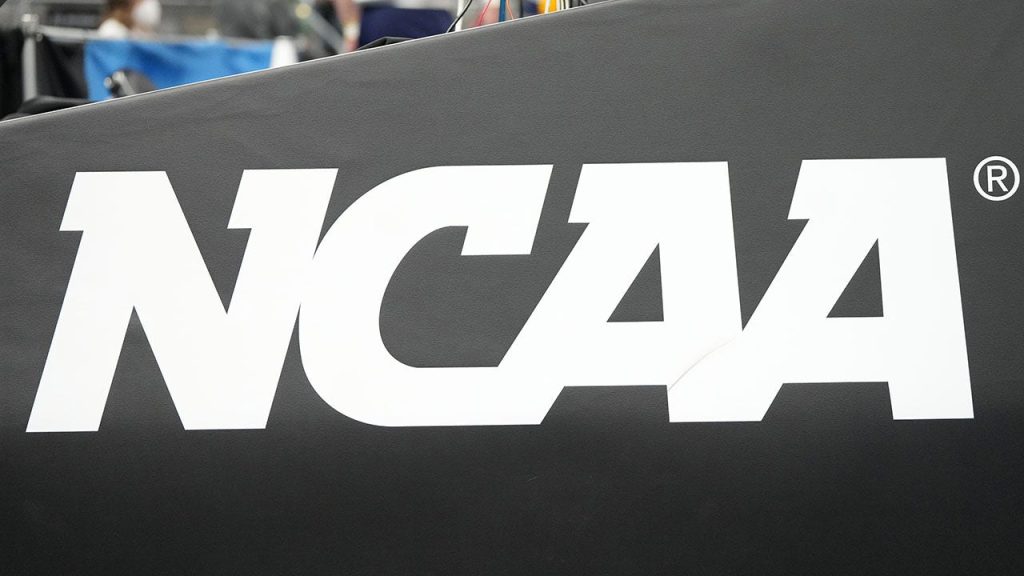The NCAA was urged to follow the National Association of Intercollegiate Athletics (NAIA) after the smaller collegiate organization for small colleges and universities banned transgender athletes from competing in women’s sports. The NAIA stated that its decision was made to ensure fair and safe competition for all student-athletes and to uphold Title IX, which guarantees separate and equal opportunities for female athletes. The policy, which goes into effect on August 1, states that only athletes whose biological sex is female may participate in NAIA-sponsored female sports. The NCAA is facing pressure to change its transgender participation policy, as it currently faces a lawsuit from former athletes over its policy.
The NCAA’s transgender policies came under scrutiny during the 2021-22 swim season when Lia Thomas made headlines as the first transgender athlete to win a women’s national championship. After facing criticism, the NCAA announced that it would follow the U.S. Olympic and Paralympic Committee’s guidelines, with each individual sport following the national governing body for that sport. If no national governing body exists, the sport would adhere to international policy. The NCAA’s updated transgender policy is set to begin implementation on August 1. Various individuals and organizations, including OutKick contributor Riley Gaines, OutKick founder Clay Travis, the Heritage Foundation president Kevin Roberts, former Kentucky swimmer Kaitlynn Wheeler, and Virginia’s Lt. Gov. Winsome Earle-Sears, expressed support for the changes and urged the NCAA to follow suit.
The NCAA, which is investing $14 million in its women’s basketball tournaments, released a statement to Fox News Digital regarding the matter, stating that college sports are the premier stage for women’s sports in America. The NCAA pledged to continue promoting Title IX, making significant investments in women’s sports, and ensuring fair competition for all student-athletes in all NCAA championships. The NAIA’s Council of Presidents voted unanimously in favor of the policy change, with NAIA president Jim Carr stating that the decision was made to prioritize fairness and competition in the organization and to align with the principles of Title IX, which allows for separate but equal opportunities for women to compete.
The decision by the NAIA to ban transgender athletes from competing in women’s sports sparked debate and discussion within the sports community. While some supported the move as a step towards fair competition and upholding the principles of Title IX, others raised concerns about discrimination and exclusion of transgender athletes. The NCAA’s transgender policies have been a subject of controversy, particularly during Lia Thomas’ participation in women’s swimming competitions. The NCAA’s decision to update its transgender policy in line with the U.S. Olympic and Paralympic Committee’s guidelines has received mixed reactions, with some praising the move as a win for common sense while others urge the NCAA to take more decisive action.
The issue of transgender participation in women’s sports continues to be a contentious and complex issue, with various stakeholders expressing differing opinions on how to address the matter. As collegiate and professional sports organizations navigate this evolving landscape, the need to balance inclusivity, fairness, and safety for all student-athletes remains a priority. The decisions made by the NAIA and NCAA regarding transgender participation policies highlight the ongoing debate and the challenges faced in ensuring equality and opportunity for all athletes, regardless of gender identity. Moving forward, continued dialogue, education, and collaboration will be essential in finding solutions that promote fairness and inclusivity in sports.


